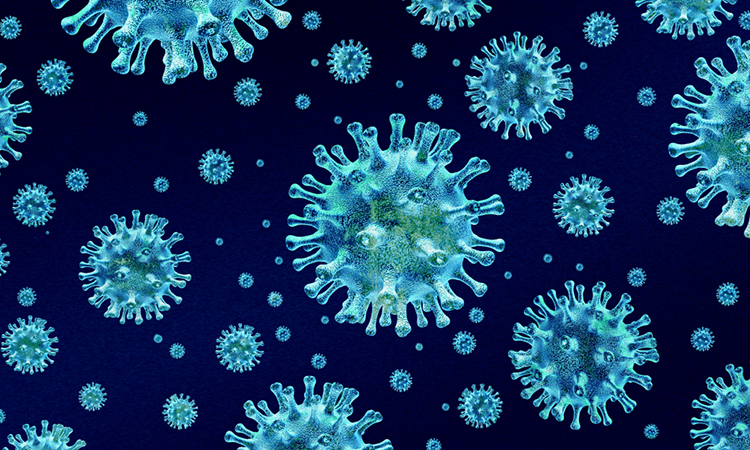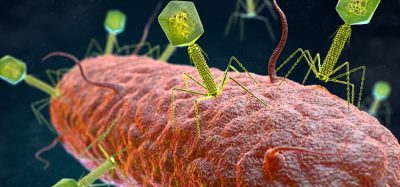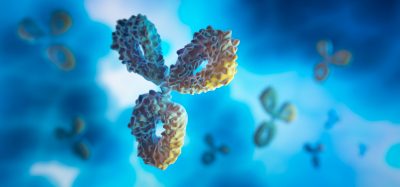Novel nasal spray effectively prevents influenza infection
Posted: 25 September 2024 | Drug Target Review | No comments yet
The nasal spray reduced influenza virus levels by >99.99 percent, which could safeguard public health if validated in humans.


Scientists at Brigham and Women’s Hospital have developed a spray which provides broad-spectrum protection from respiratory infections by COVID-19, influenza, everyday cold viruses, and pneumonia-causing bacteria. This may reduce respiratory diseases and safeguard public health if it can be validated in humans.
Dr Jeffrey Karp, co-senior author and distinguished chair in anaesthesiology at Brigham and Women’s Hospital, commented: “The COVID pandemic showed us what respiratory pathogens can do to humanity in a very short time. That threat hasn’t gone away…Not only do we have the flu to deal with seasonally, but we now have COVID, too.”
Although influenza and COVID-19 vaccines are beneficial, they are not perfect, as vaccinated individuals can still become infected and spread this infection to others. Furthermore, masks are not perfect either: they leak, and people wear them improperly, or choose not to wear them entirely. Therefore, new methods to reduce transmission of the disease are required.
PCANS
The new study describes the team’s work to create a nasal spray, named Pathogen Capture and Neutralizing Spray (PCANS) to defend against airborne respiratory illness. PCANS was created using ingredients from the FDA’s Inactive Ingredient Database (IID), “which have been previously used in approved nasal sprays, or from the Generally Recognized as Safe (GRAS) list of the FDA,” detailed co-senior author Dr Nitin Joshi, assistant professor of anaesthesiology at Brigham and Women’s Hospital.
He added: “We developed a drug-free formulation using these compounds to block germs in three ways — PCANS forms a gel-like matrix that traps respiratory droplets, immobilises the germs, and effectively neutralises them, preventing infection.”
In a 3D-printed replica of a human nose, the researchers studied the formulation’s ability to capture respiratory droplets. They observed that when sprayed in the nasal cavity replica, PCANS captured twice as many droplets as mucus alone. Dr John Joseph, primary author and a former postdoctoral fellow at Brigham and Women’s Hospital, stated: “PCANS forms a gel, increasing its mechanical strength by a hundred times, forming a solid barrier…It blocked and neutralised almost 100 percent of all viruses and bacteria we tested, including influenza, SARS-CoV-2, RSV, adenovirus, K Pneumonia and more.”
Exceptional efficacy
When tested in mice, it was shown that one dose of the PCANS nasal spray could effectively block infection from an influenza virus (PR8) at 25 times the lethal dose. Virus levels in the lungs were reduced by >99.99 percent, and the inflammatory cells and cytokines in the lungs of PCANS-treated animals were normal.
“In a rigorous mouse model study, prophylactic treatment with PCANS demonstrated exceptional efficacy, with treated mice exhibiting complete protection, while the untreated group showed no such benefit,” said Dr Yohannes Tesfaigzi, co-senior author and AstraZeneca Professor of Medicine in the Field of Respiratory and Inflammatory Diseases at Brigham and Women’s Hospital.
Despite the study lacking experiments of PCANS in humans, it offers a solid foundation for future research. Moving forward, the team are investigating whether PCANS can also block allergens.
This study was published in Advanced Materials.
Related topics
Covid-19, Drug Development, public safety, Virology
Related organisations
Brigham and Women's Hospital








